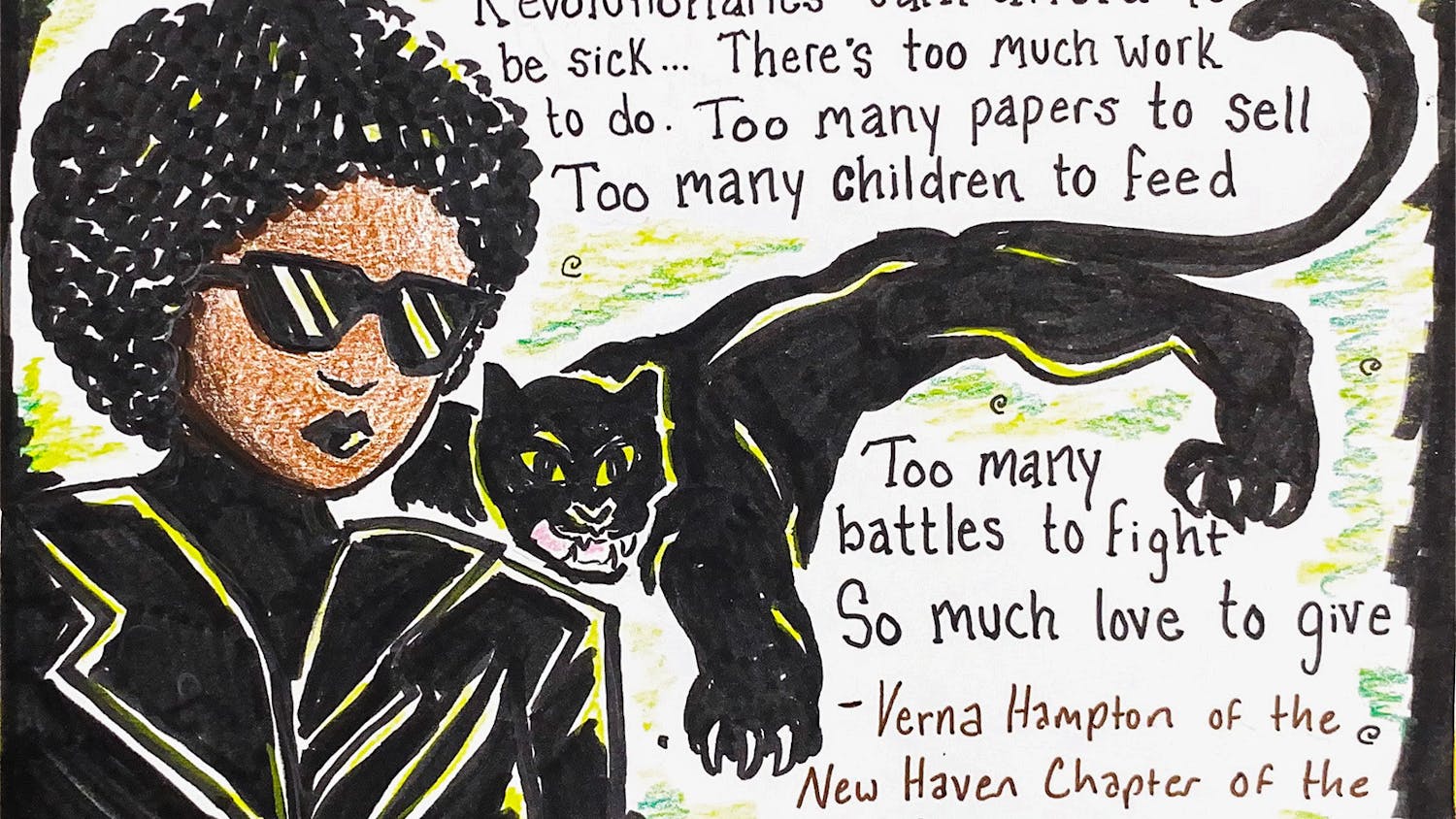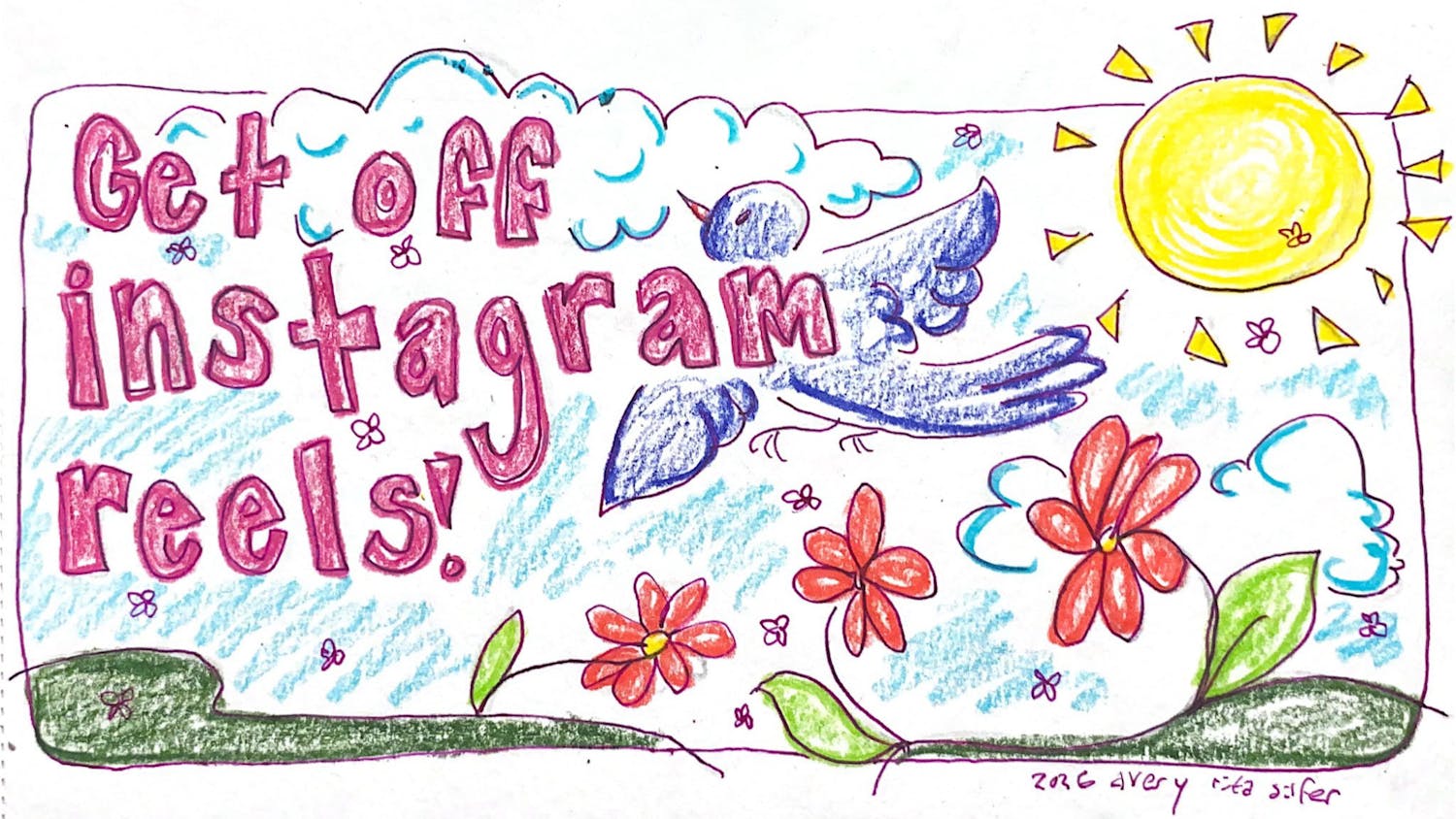The Academic Communities Program is a first-year-exclusive experience for students at the University of New Mexico. This program allows students to take special courses that will not only count toward their degree progress, but also provide a community space to explore how college works best for them.
There are five sections to the Academic Communities Program: first-year learning communities (FLC), transition communities, big questions, deep dive and academic foundations. Each area provides a different type of experience for first-year students, and a quiz can be taken to see which academic community best fits you.
Robert DelCampo, the dean of University College that oversees the program, said the term “first-year” is usually interpreted broadly because exceptions can be made, such as with transfer students. In addition, the upcoming semester will look different for the program because sophomores will be allowed to enroll in select courses.
“They didn’t really have a fair chance at having a first-year experience or being in classrooms with similar (peers),” Kiana Alvarez, a professional support intern, said. “So in a sense, the sophomores of last year kind of are like freshmen; they’re new Lobos to the school and we’re hoping that together with the freshmen of this cohort, they’ll be able to transition into the University kind of in the same way.”
Cash Clifton, the academic foundations coordinator, teaches a transition course for student athletes and acknowledged that the dynamic of the classes will change not only with the addition of sophomores, but also from the stress that the COVID-19 pandemic has added on students.
“Ultimately I try to take the perspective of being an active listener because I think the students individually are the experts in terms of what challenges they’re facing,” Clifton said.
Clifton plans to address in his courses what challenges the pandemic has created for students, and what the best steps for moving forward are.
“I think the pandemic has been very draining on people’s mental health,” Clifton said. “I think it’s impacted everybody in terms of energy level. I just think it’s going to impact society for a long time.”
Alvarez said all of the communities, with the exception of the big questions courses, have small class sizes of about 25 students. This, she said, allows more interaction between peers as well as professors, and provides hands-on learning opportunities.
Big questions courses are larger in size because it is the one section open to anyone. Underclassmen are paired with more experienced students as they study under a main professor that specializes in a specific topic area, along with visiting professors or professionals from other disciplines.
DelCampo and Alvarez agreed that the FLCs are the most popular section overall. In this area, classes from different subjects are paired together so the students can draw from both academic disciplines. For example, DelCampo said yoga and calculus is a popular pairing that helps students learn both math and mindfulness techniques.
“What students learn in one course, they apply in the other,” the FLC webpage says.
Get content from The Daily Lobo delivered to your inbox
Deep dives is the most recent addition to the Academic Communities Program and will be piloted for the first time in the fall semester. This course is focused on research, and Alvarez said this is relevant to UNM since it ranks as an R1 University, which means that the University has very high research activity.
“We’re just hoping that it’s kind of like an informal introduction to the field of research and more specifically research at UNM because, since we are an R1 university, it’s really important to get undergraduates in the conversation as well,” Alvarez said.
Transition communities are available for students to explore more about how to succeed in college overall, from university skills to degree plans.
“We think those are going to be really awesome courses especially for students who may be nervous about returning to the University in a face-to-face setting just because we imagine that nerves are going to be kind of high after being quarantined for so long,” Alvarez said.
Finally, academic foundations are classes that “support your mastery of the quantitative and critical thinking skills necessary for success in UNM classes” according to its webpage. These classes are distinguishable by “FYEX,” or First Year Experience, in the course catalog.
Data shows that students that participate in the Academic Communities Program are more likely to come back for their sophomore year, according to DelCampo.
“It’s all about giving people a really cool experience in their first year, what we call these ‘high-impact practices,’ because we know that if students participate in these, they’re going to stick around; they’re going to be interested,” DelCampo said.
Online opportunities for select courses will remain available beyond the pandemic so that students who have a difficult time physically making it to campus at a specific time can still participate in the program, DelCampo said.
The program also offers special training to all participating faculty so they can brainstorm activities or strategies to best support students, according to Alvarez.
“Depending on where a student is coming from, they might come in the door really prepared for college (or) they might come in the door not prepared for college at all,” Clifton said. “And so the idea here is to, I think, give everyone the opportunity to start out on even footing … I really think we should take a student-centered approach as a university and that means meeting students where they’re at.”
Clifton said students are often able to "verbalize" what they stand for by the end of these courses.
“My favorite part is seeing students find their voice to believe in themselves. We see students come into these programs so often who just don’t have a lot of confidence … So my favorite thing is seeing students kind of blossom,” Clifton said.
Megan Gleason is the Editor-in-Chief of the Daily Lobo. She can be contacted at editorinchief@dailylobo.com or on Twitter @fabflutist2716






